A recent slew of international and foreign brands taking Ethiopian brands to court is expected to impact negotiations for Ethiopia’s entry into the World Trade Organization (WTO). The Prime Minister’s Office had announced that Ethiopia is set to join the ranks of the organization sometime this year after the finalization of negotiations.
Member countries, however, have expressed concern regarding Ethiopia’s virtually non-existent intellectual property protection regulations. Brand piracy, especially, had been cited as an issue of concern during previous phases of the accession process.
In-Joy Burger was the most recent brand that lost in the Ethiopian courts after US-based franchise In-N-Out Burger launched a lawsuit in 2014. The Federal High Court Lideta Civil Bench ruled in favour of In-N-Out and levied 150,000 ETB fine on In-Joy Burger.
This dynamic, however, has become an all too familiar occurrence to a level that it merits being a concern in Ethiopia’s entry into the WTO. A highlight of the In-N-Out/In-Joy fiasco, for example, was not that brand piracy had been committed, but that In-N-Out had been struggling to gain recognition from the Ethiopian Intellectual Property Office (EIPO).
Other brands that have been replicated in Ethiopia in a manner where original brands’ intellectual property rights, as understood by international law, include Intercontinental Addis Ababa, ZARA, KKFC, and Kaldi’s.
Intercontinental Addis’ infraction of Intercontinental International’s rights is one of the most high profile cases to date. The highest court in Ethiopia has ruled in favour of the international brand and the United States Embassy has even boycotted Intercontinental Addis. Despite these efforts the country’s weak enforcement of intellectual property laws and decisions is apparent in that Intercontinental Addis still operates under the same name even though it was ordered to change it.
The disadvantages that these dynamics have for Ethiopia has already been evident. Foreign investors have increasingly opted to direct their resources towards already established foreign (mostly American) brands instead of investing in local markets.
While Ethiopia still brings in a good amount of foreign direct investment, the vast majority of the investment are focused on industrial, manufacturing, and agricultural sectors with a scant amount going to medium and small-scale enterprises across all sectors.
Another concern cited by experts is that the Ethiopian brands that use foreign brand names and visuals and slogans and logos generally only use those aspects and the quality of their services and products has no similarities to the international brands. This is a concern as it has the potential to tarnish the hard-earned reputations of these brands.
Despite all the concerns, Ethiopian authorities have promised to revise the laws and regulations relating to intellectual property protection since accession talks restarted after being halted for eight years. Patent laws are especially going to need heavy revision going forward if brand piracy is going to no longer be an issue for Ethiopia’s accession.
Africa Report, LinkUp Business
